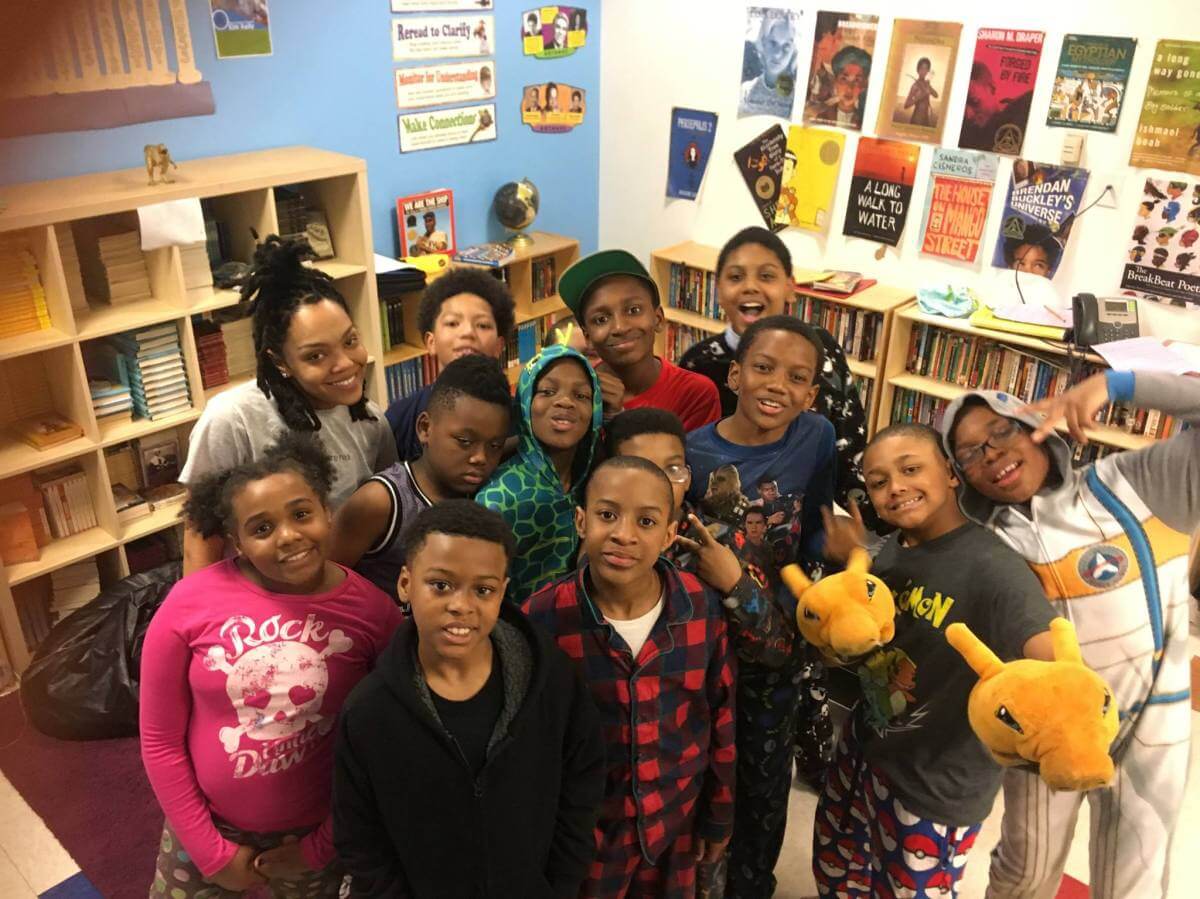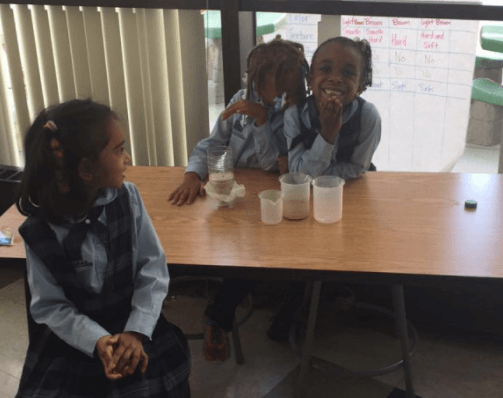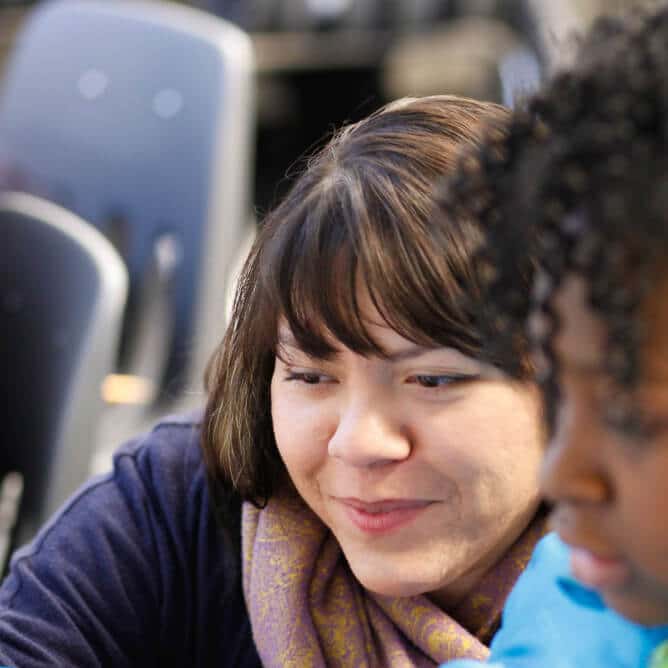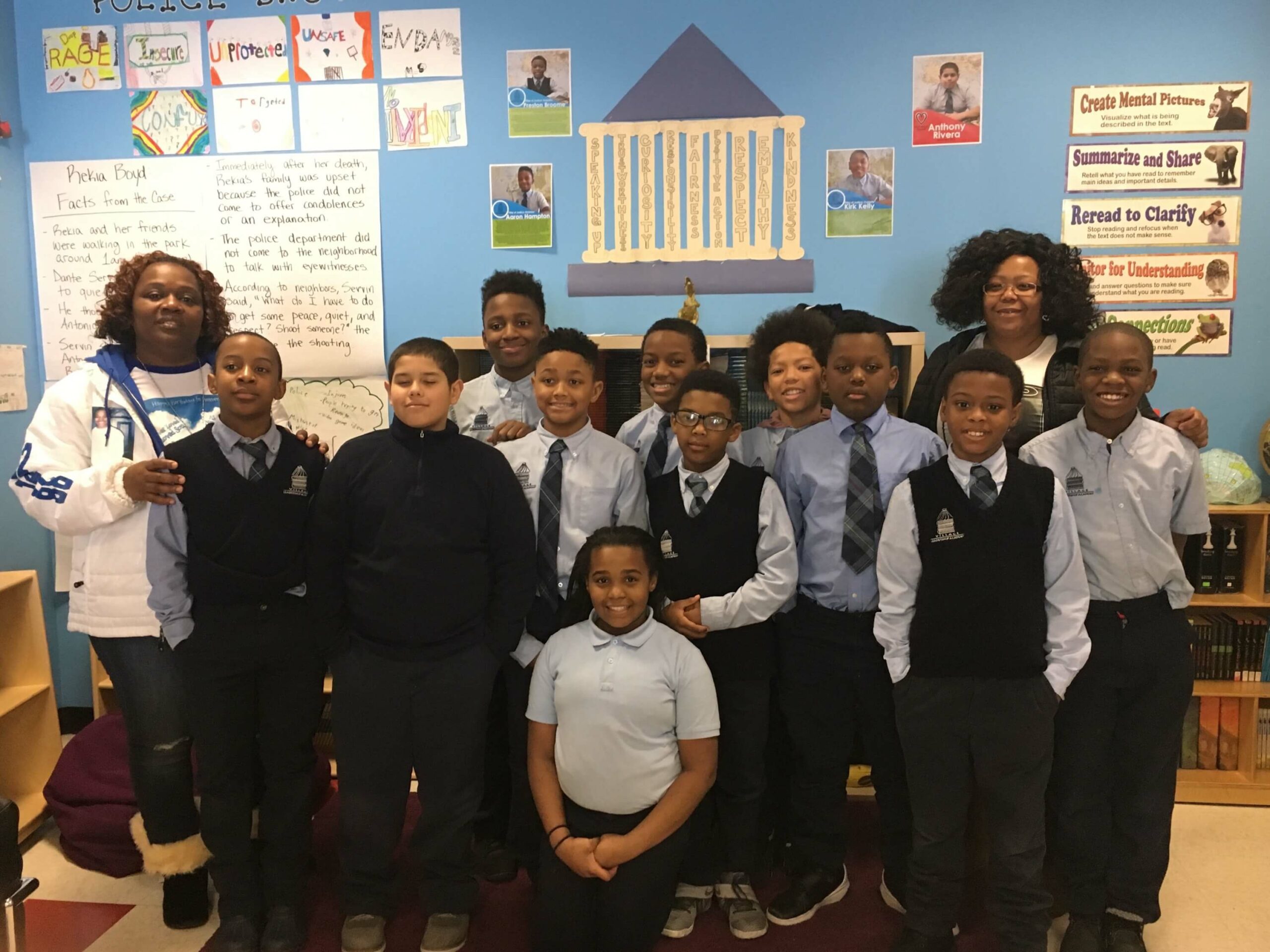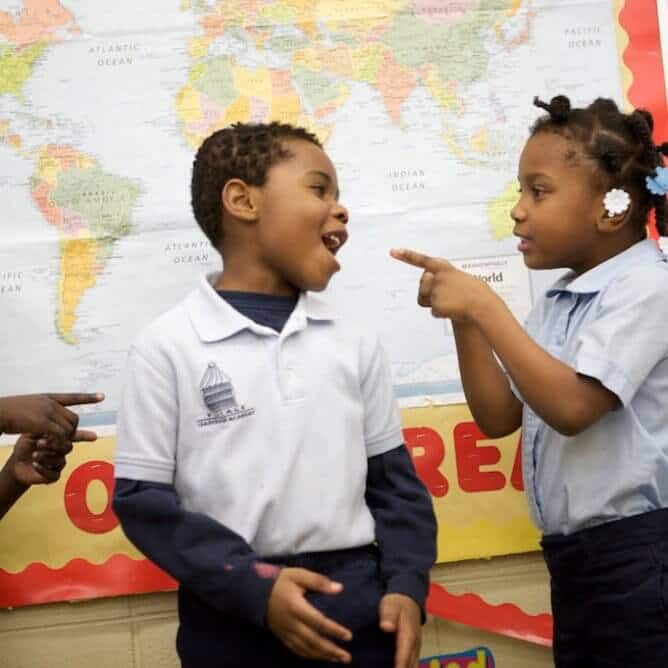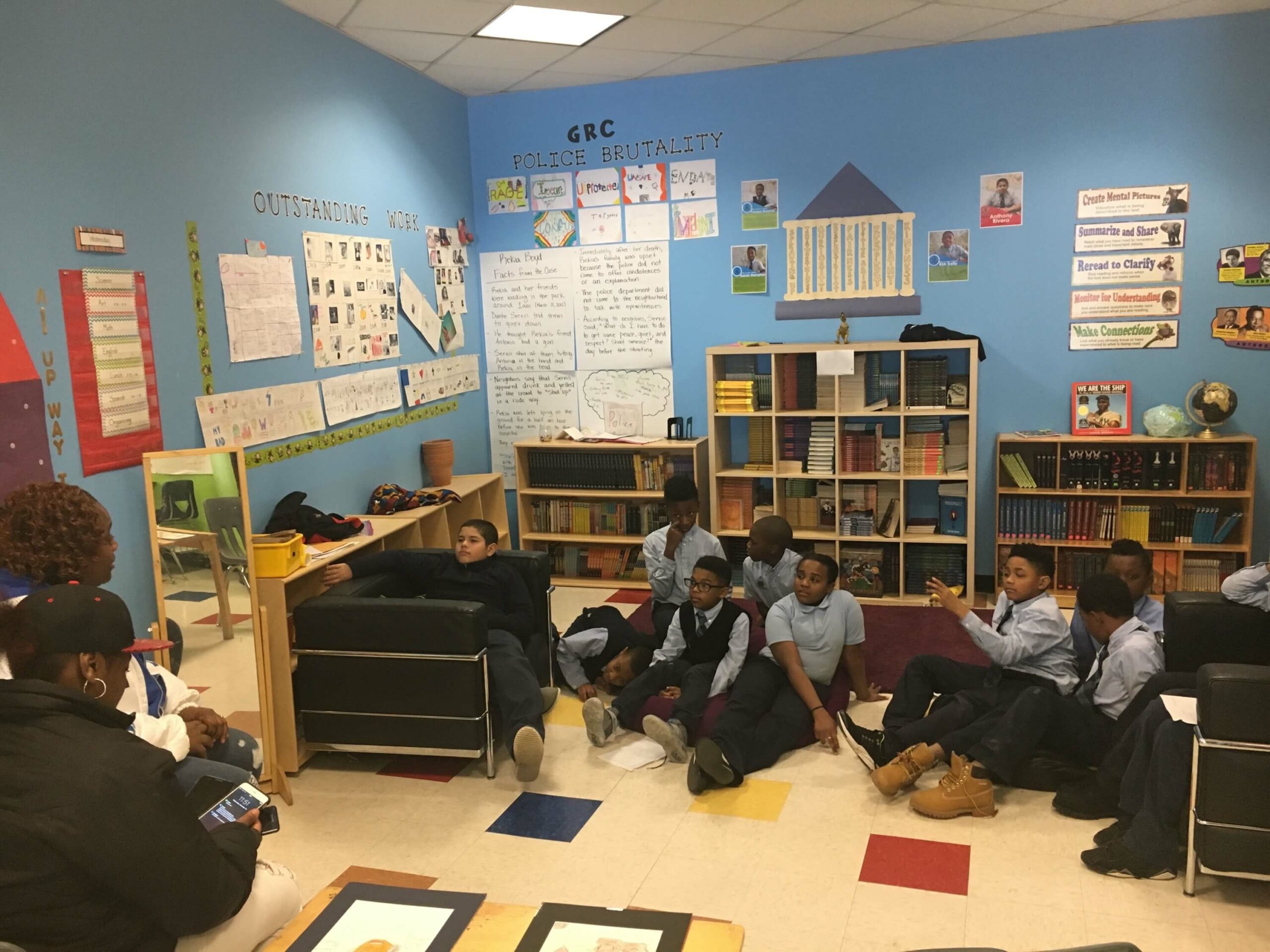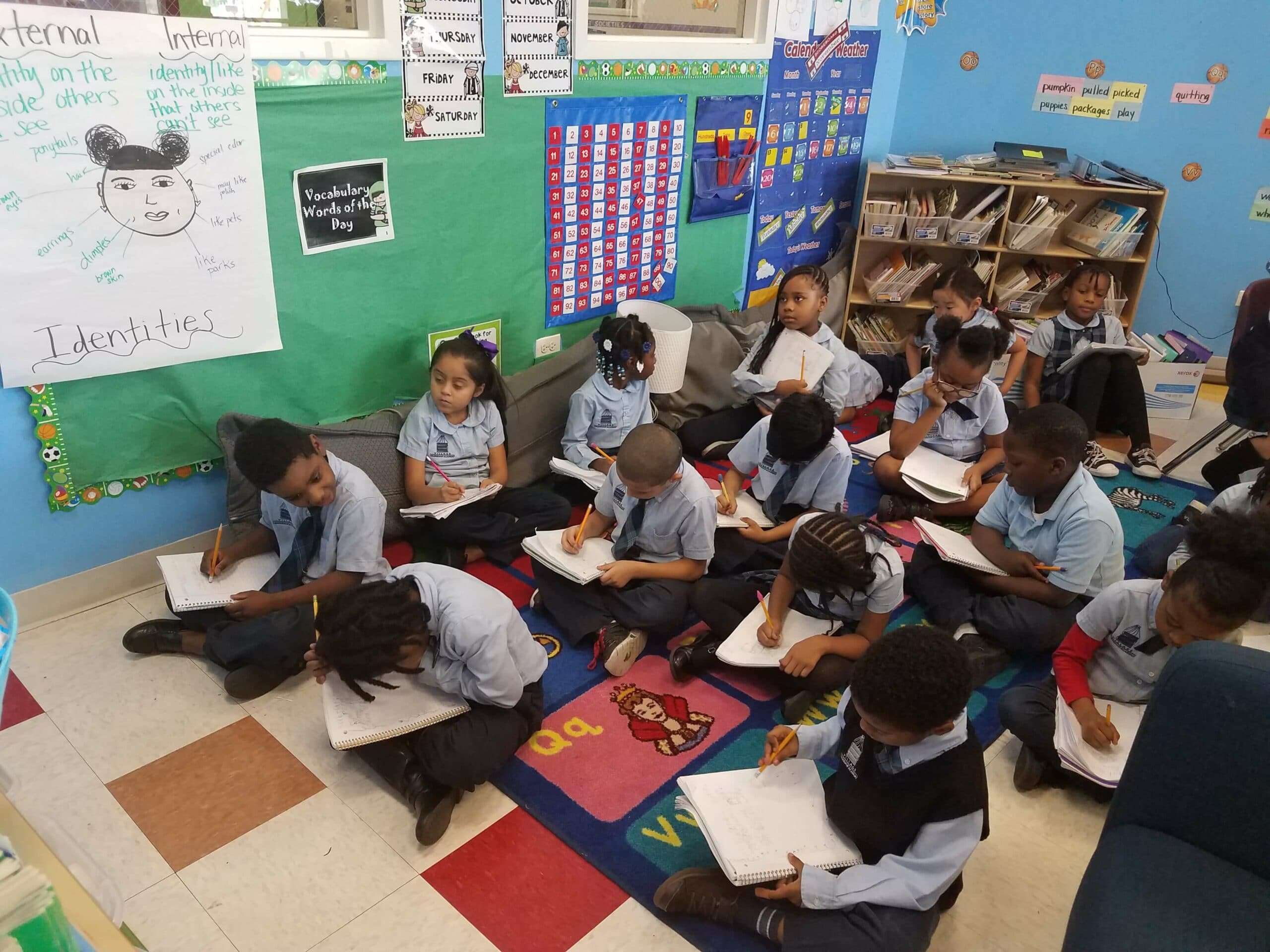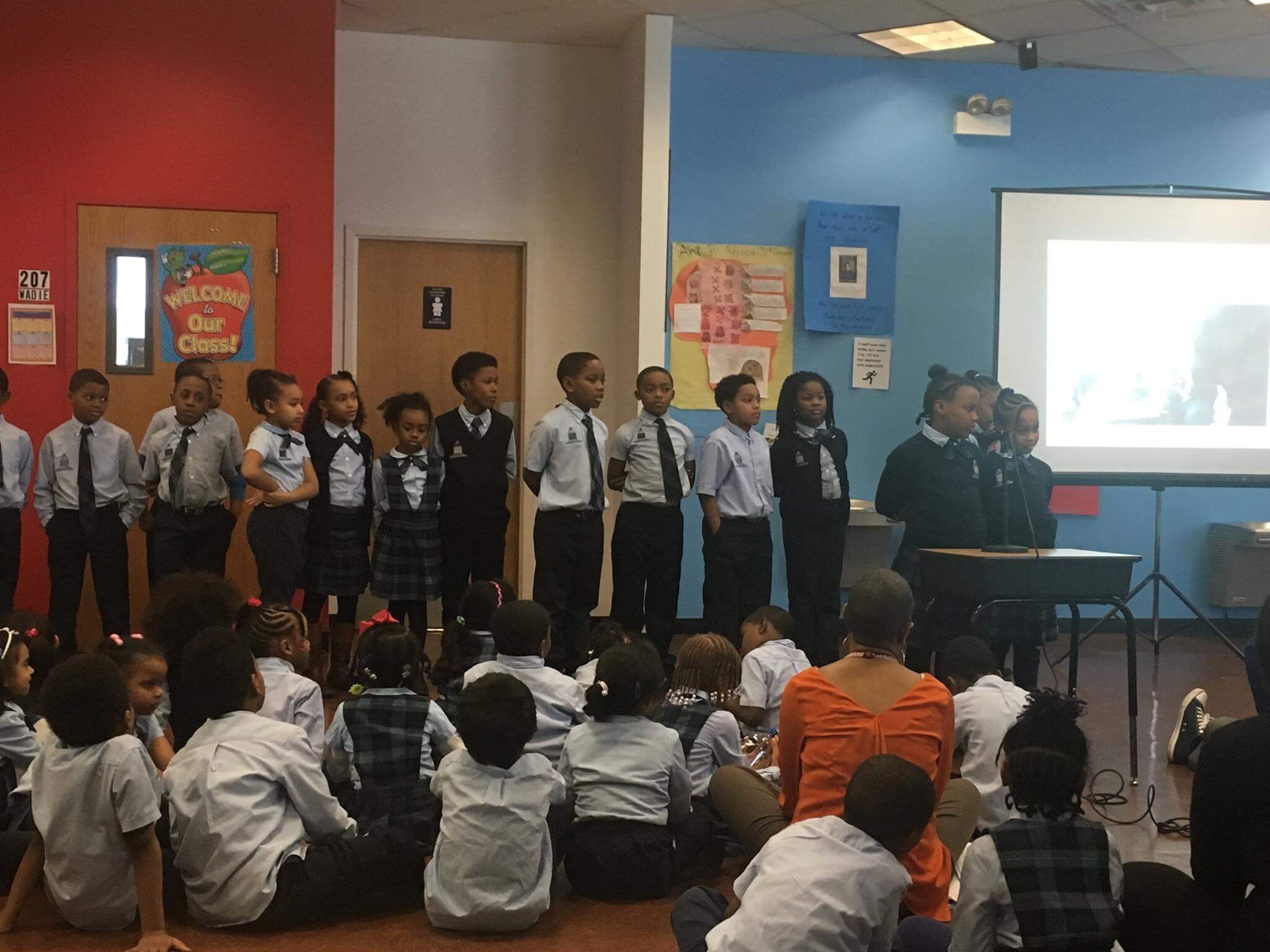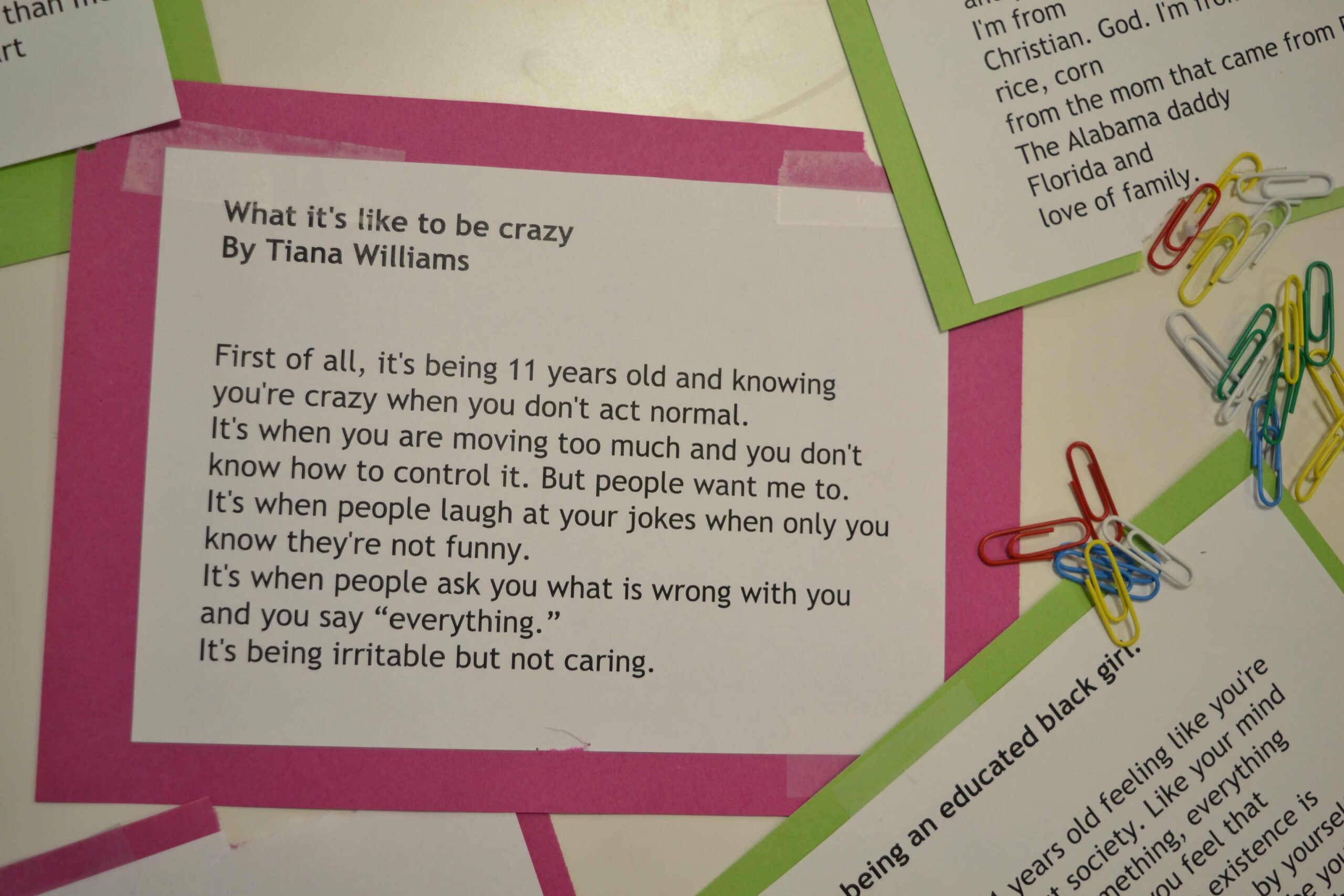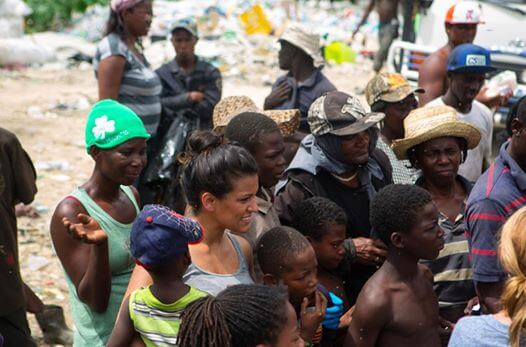Blog
World Scholars Wednesday’s: Dominican Republic
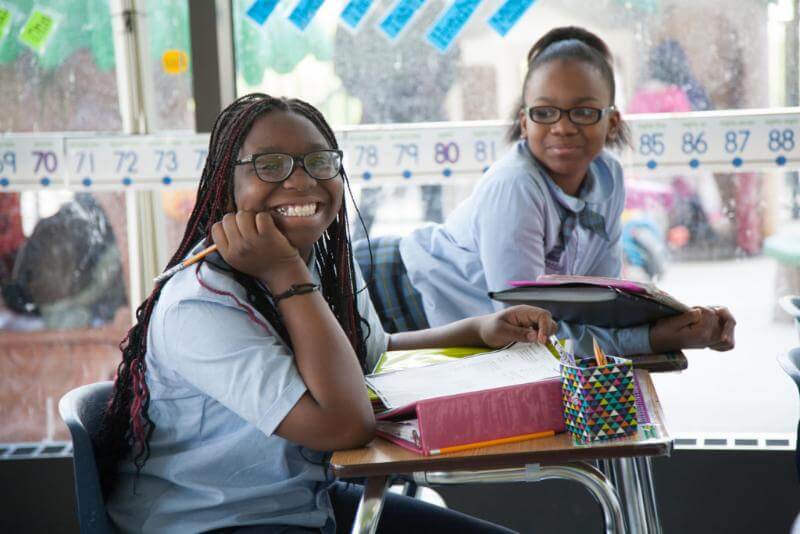
After learning in the WSP class about how little money factory workers in the Dominican Republic make, Jevon decided that when he’s President he will make sure that factories the U.S. buys from treat their workers fairly.
Along with the rest of the WSP Participants, Jevon will spend two weeks in the DR, fully emerged in the culture, meeting with political officials, developing friendships, and volunteering with various organizations.
He is looking forward to the trip, stating that he is excited to “see the famous buildings and the sports the kids play” and to join them for a game!
To support the participants of the World Scholars Program, attend the World Scholars Program Gala, or make a contribution online www.vlacademy.org/world-scholars.
Since our class discussion on the garment factory industry in the Dominican Republic went so well last week, Mr. Osei and I knew that our students found the topic of labor rights issues in the Dominican Republic incredibly engaging. As a result, we wanted to further expose our students to other labor rights issues in the Dominican Republic. We also wanted to give students more opportunities to dive into research articles and other resources.
So, we divided up our students into four groups, with each group focusing on one specific topic or area of labor issues.
The four groups were (1) fair trade vs. free trade, (2) the tourism industry, (3) child labor and (4) Haitian immigrant rights.
At each of these groups, students had to read and review multiple sources, create an anchor chart of the most important facts they had learned and present their findings to the class. Throughout the entire process, students worked excitedly on preparing the most informative and insightful presentation. Then, when it came time to present, we were truly astounded by the breadth of their comments but also by their very forward-thinking statements.
For example, the tourism industry group pointed out that the Dominican Republic has limited fresh water resources and that they are often used (and overused) by tourist resorts for their drinking water, shower systems, and swimming pools. This last use really struck a nerve with these students because they pointed out how unfair it wasthat tourists were given priority over Dominicans.
I know that as we move closer and closer to our educational expedition, our students will continue to ask probing questions and make similar forward-thinking statements. However, the true key will be how can we harness our students’ thinking and turn it into action. I have no doubt that our students will prepared and ready for action.
Enroll Now
Discover a partner in the future of your child. Enroll your scholar for the 2021-2022 school year today!

